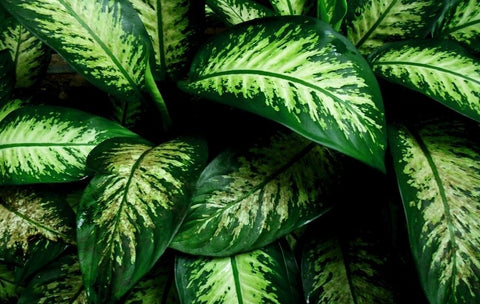If you happen to fall in the little overlapping section of the Venn diagram where cat owners and plant parents come together, then this one's for you.

Cats are undoubtedly one of the most curious little creatures out there and no amount of you trying to keep them away from trouble could actually guarantee they're safe. So, what do you do when one of your beloved children poses a danger to the other?
This is precisely the sort of situation none of us wish to find ourselves in. Hence, it becomes crucial for us to acknowledge that not all plants are cat-friendly. While some might result in nothing more than a little upset tummy, others can lead to severe issues like kidney failure, which can even prove fatal for our cats!
For those of you who are new to plant parenting, take heed to these houseplants that could spell danger. And for the latecomers, it's time to spring into action and move these plants out of your cats' reach before it’s too late.





Being aware, planning and moving any threats around is all you can do in ensuring their well-being. If you suspect your cat has ingested any toxic plant, contact your veterinarian without delay. Early intervention can make a significant difference in preventing kidney damage or failure. We hope none of you have to ever compromise on either of your children!




1 comment
Beautiful write-up and very informative too.